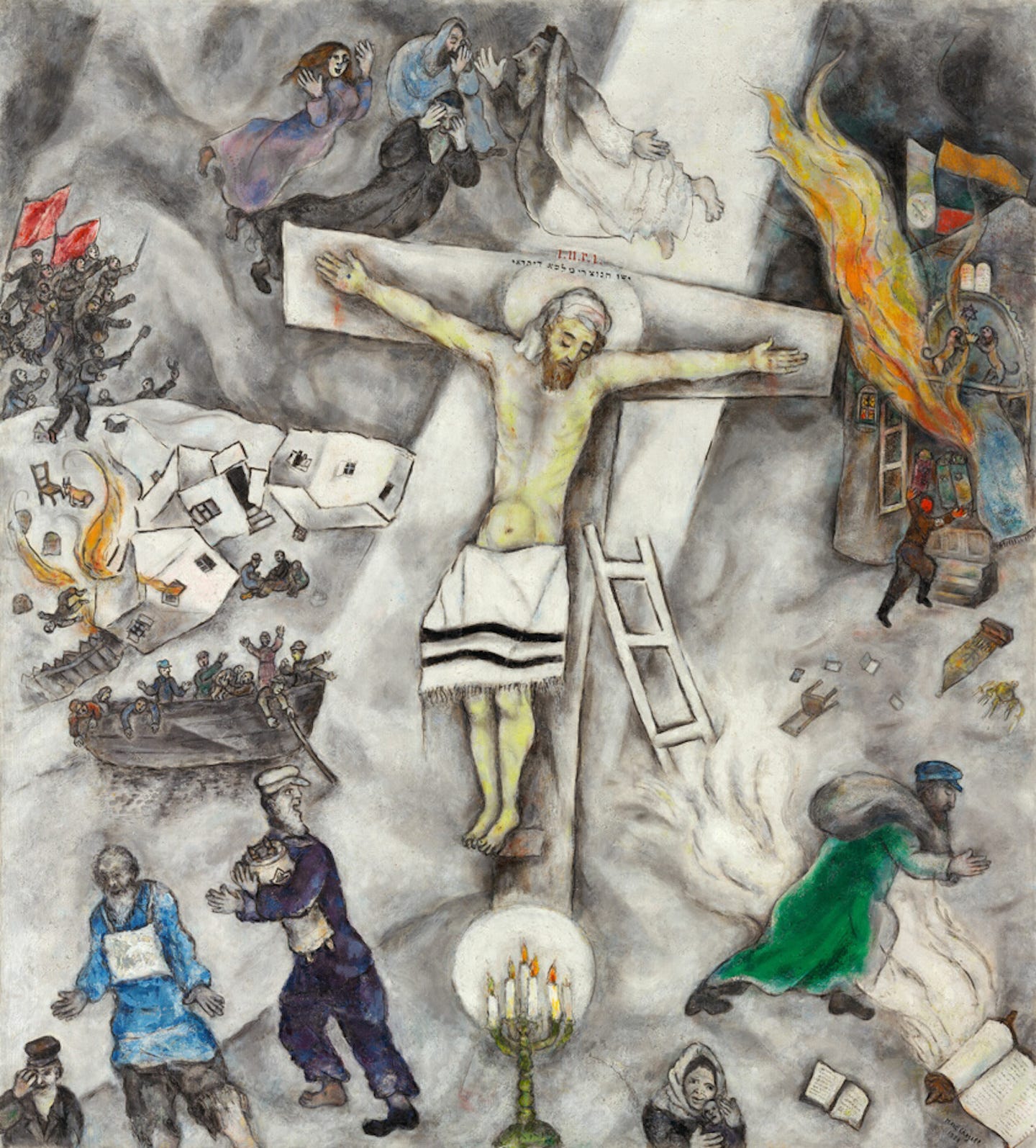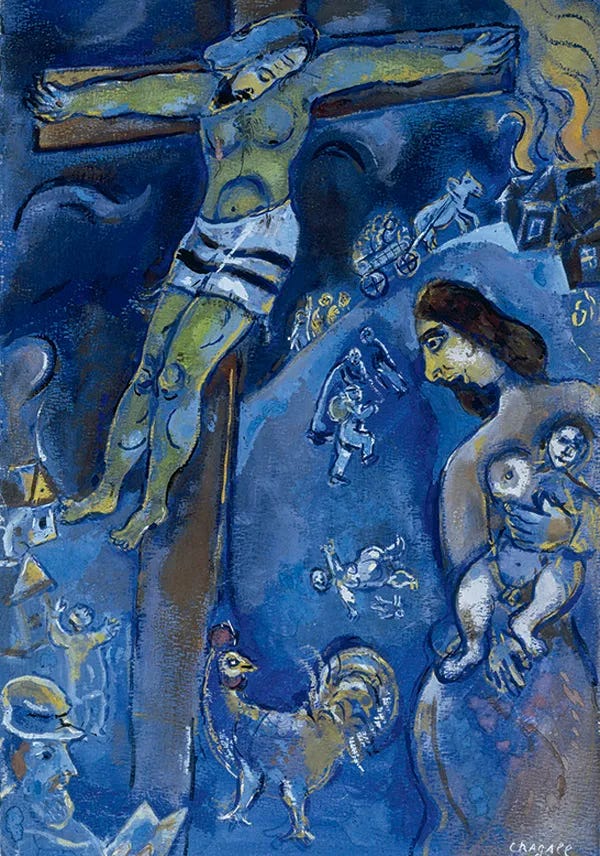Preach As If Nothing Has Happened
No matter what the newspapers say it’s business as usual in the Kingdom
Philippians 4.1-9
On February 27, 1933, an angry, alienated Dutch construction worker, who was also a Communist activist, snuck into the Reichstag building in Berlin with the intent to burn it all down. Because he was nearly blind, the arsonist only managed to set the curtains ablaze in the Reichstag building. He was apprehended in the act, and immediately it was clear he was lonely and disturbed and had been acting alone. Nonetheless, the Nazi Party’s leadership pounced on the opportunity for propaganda, seizing on the moment to stoke the already raging fears of Marxism and a Russian-style revolution in Germany. In just hours, police began locking up perceived enemies of the state. Nationalists persuaded Paul Von Hindenburg, the Reichspräsident, to suspend the Weimar Constitution until further notice and to exert federal authority over the states in the name of law and order and public safety.
The German Chancellor, Adolf Hitler, leaned into the chaos and fear, addressing German police and officials in the wake of the fire, saying, “230.”
Five days later Adolf Hitler won the national election.
Back up—
A year earlier, in 1932, a young Swiss theologian named Karl Barth had begun teaching a series of underground lectures on preaching. Barth had just been installed as a Professor of Theology at the University of Bonn in Germany. Having never earned a PhD, Karl Barth arrived at the University of Bonn from parish ministry just as the fever of German nationalism was spiking. Though he had taken the position on the condition that he would abstain from political activity, it bothered Barth that the only faculty member at Bonn who had joined the Nazi Party— in 1932, at least— was the professor of homiletics.
Karl Barth did not want students of preaching to learn preaching from preachers whose preaching had been corrupted by nationalism and populism and racism and xenophobia. And so a year before the Reichstag fire election, Karl Barth began teaching an unofficial, uncredited, underground series of lectures on homiletics. Given the context of the course, it’s not surprising that immediately after the election results were clear his hundreds of students came to him for preaching advice.
“Herr Barth, Herr Barth how shall we preach in light of this election?”
Evidently, they had not heard that, in all the Sundays of the first World War, Karl Barth— quite purposely— had mentioned it not once in his sermons, and, to the end of his life, he always regretted the Sunday when he had reflected upon the sinking of the Titanic.
Herr Barth, Herr Barth how shall we preach, what shall we preach, in light of this election?
And Karl Barth advised them:
“Preach as if nothing happened.”
But these are dangerous, unprecedented times, surely they demand a special word, a relevant sermon, timely preaching?!
The only unique time, Barth told them, is the time God has given the Church.
The time between Christ’s first coming and the coming again, to proclaim that Jesus is Lord and live in a manner that makes that claim intelligible.
Therefore, Barth replied:
“No matter what the newspapers tell us preach as if nothing happened.”
It’s always business as usual in the Kingdom of God.
You will not hear that as the prophetic word Barth intended if you do not know that very soon Barth would be lecturing with Nazi SS officers lurking in the back recording his every word. Soon after, he became a leader of the Confessing Church movement in Germany. Ultimately, Barth’s preaching and teaching as if nothing happened got him exiled back to Switzerland.
Barth’s admonition that we should preach as if nothing has happened sounds like a cop out if you do not first understand the question its meant to answer.
At the heart of Karl’s Barth business as usual counsel, at the heart— I believe— of Paul’s entreatment in Philippians chapter four, is a question.
For Christians, I believe it is one of the most important questions— top five, easy.
This is the question:
Is the Church meant to be instrumental to the Kingdom of God?
Or is the Church meant to be an instantiation of God’s Kingdom?
That is, are the baptized supposed to build the Beloved Community? Or are we charged to bear witness, in word and deed, to the Beloved Community God will bring?
To put the question plain: Are we, as Christians, called to make a difference in the world, or are we called the live in the difference Christ has already made in the world?
How you answer that question makes all the difference. And before you answer, remember— the overwhelming majority of Christians since the time of Jesus have been poor and illiterate, oppressed and anonymous. There’s an assumption of privilege that lurks behind the answer that Christians are called to make a difference in the world.
If making a difference in the world is what Christians are meant to do, then most Christians for most of Christian history have lacked the power to do what they’re allegedly called to do.
Power is at the heart of the question.
Keep reading with a 7-day free trial
Subscribe to Tamed Cynic to keep reading this post and get 7 days of free access to the full post archives.



